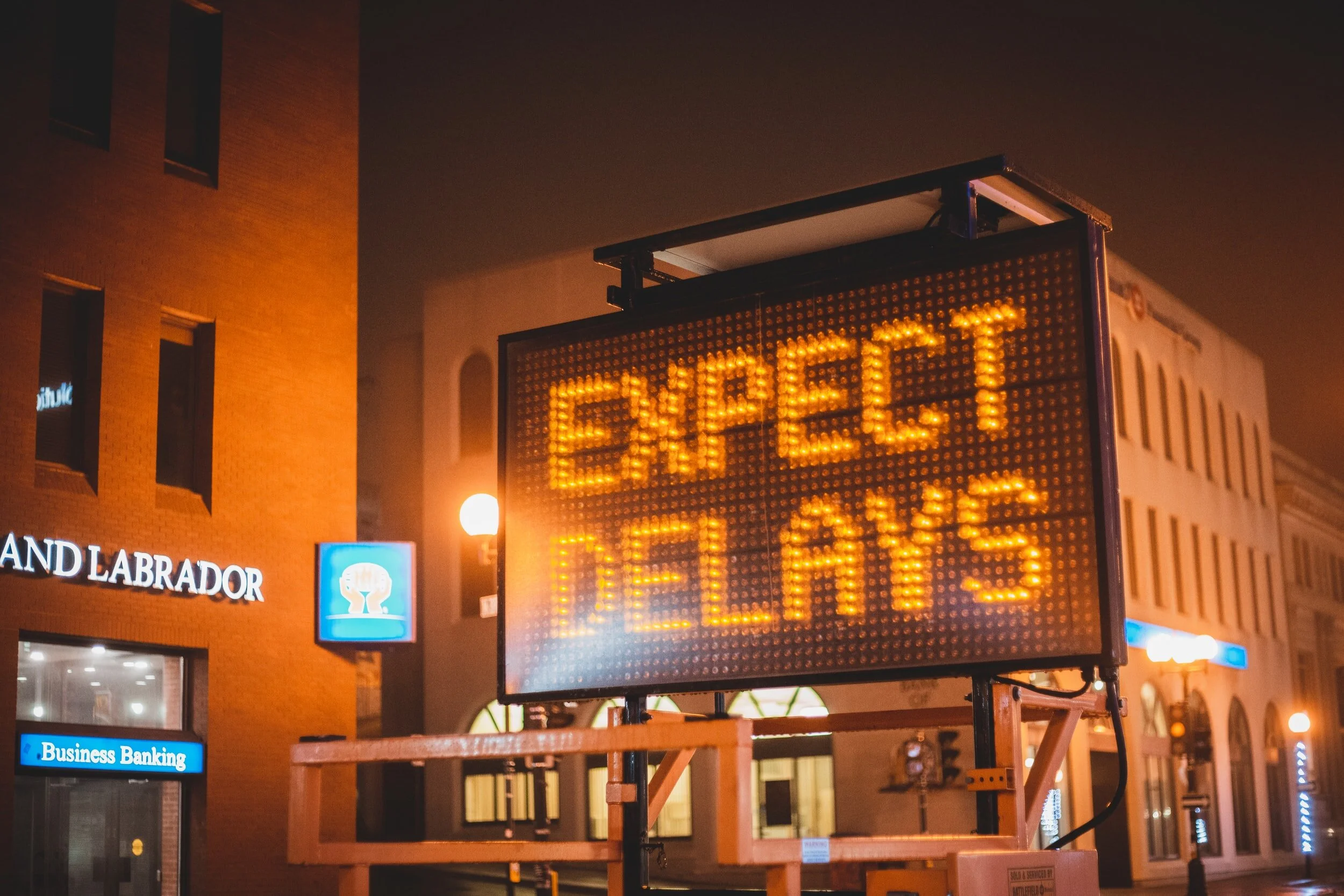USCIS Further Extends Deadlines for Responding to RFEs, NOIDs
Good news for anyone in receipt of a Request for Evidence (RFE) or NOID (Notice of Intent to Deny) that was issued by USCIS: You may have more time to submit your response.
Good news for anyone in receipt of a Request for Evidence (RFE) or NOID (Notice of Intent to Deny) that was issued by USCIS: You may have more time to submit your response.
Due to the pandemic, USCIS is allowing an extra 60 days of response time for many RFEs and NOIDs received between March 1, 2020 and January 15, 2022.
Need assistance with your fiance visa, green card application sponsored by a family member or employer, or employment-based visa? Contact us today at theteam@huwelaw.com or 415-496-9040.
Immigration Backlog Causes Long Delays in Processing
The data is in: The US Government Accountability Office (GAO) has found that the caseload at USCIS, the government agency that processes immigration applications like applications to adjust status to become a permanent resident and naturalization applications, has increased by 85% over the past 5 years. Yikes.
The data is in: The US Government Accountability Office (GAO) has found that the caseload at USCIS, the government agency that processes immigration applications like applications to adjust status to become a permanent resident and naturalization applications, has increased by 85% over the past 5 years. Yikes.
Per the GAO, "policy changes, longer forms, staffing issues, and delays from COVID-19 contributed to longer processing times. Although USCIS has several plans to address the backlog, it hasn't implemented them and hasn't identified necessary resources."
What does this mean for me?
If you have a pending application with USCIS, then you likely will need to wait much longer than you would have in the past to see it approved. For example, right now we are seeing 18-24 month processing times for Applications to Adjust Status (to obtain a green card while residing in the US) in the San Francisco and San Jose California area. And processing time for a Petition for Alien Relative (the first step in the "green card" process when sponsoring a relative abroad) for the spouse, parent, or child of a US citizen can be as long as 32 months!
What does this mean moving forward?
We hope that USCIS will soon take action to address this frustrating backlog. In the meantime, we recommend filing your application as soon as possible to "get in line." If you are seeking assistance with a green card sponsored by a family member or employer, or an employment-based visa, contact us today at theteam@huwelaw.com or 415-413-8760 and let us help!
TPS Extended for El Salvador, Haiti, Honduras, Nepal, Nicaragua and Sudan
The Department of Homeland Security has announced that Temporary Protected Status (TPS) will be automatically extended for El Salvador, Haiti, Honduras, Nepal, Nicaragua and Sudan, through December 31, 2022. To obtain a new EAD with an expiration date of Dec. 31, 2022, TPS beneficiaries must file Form I-765, Application for Employment Authorization.
Need help figuring out your immigration options? Contact us today at theteam@huwelaw.com or 415-413-8760.
USCIS Creates New Webpage for Lockbox Filing Location Updates
USCIS has created a new Lockbox Filing Location Updates page on their website to provide updates they make to lockbox filing locations, where immigration applications are mailed.
USCIS has created a new Lockbox Filing Location Updates page on their website to provide updates they make to lockbox filing locations, where immigration applications are mailed. The filing locations are periodically adjusted to balance incoming workload for timely processing. That means that even if your application was mailed to one location, it could end up being processed in a different one.
Contact us today at theteam@huwelaw.com or 415-548-7067 for assistance with a green card or employment-based visa application.
TPS Redesignated for Somalia
The Department of Homeland Security has announced that TPS for Somalia will be re-designated through March 17, 2023. So far we do not have details, but we expect that re-registration should be allowed soon.
The Department of Homeland Security has announced that TPS for Somalia will be redesignated through March 17, 2023. So far we do not have details, but we expect that re-registration should be allowed soon.
Need help in re-registering for TPS? Contact us today at theteam@huwelaw.com or 415-496-9040.















